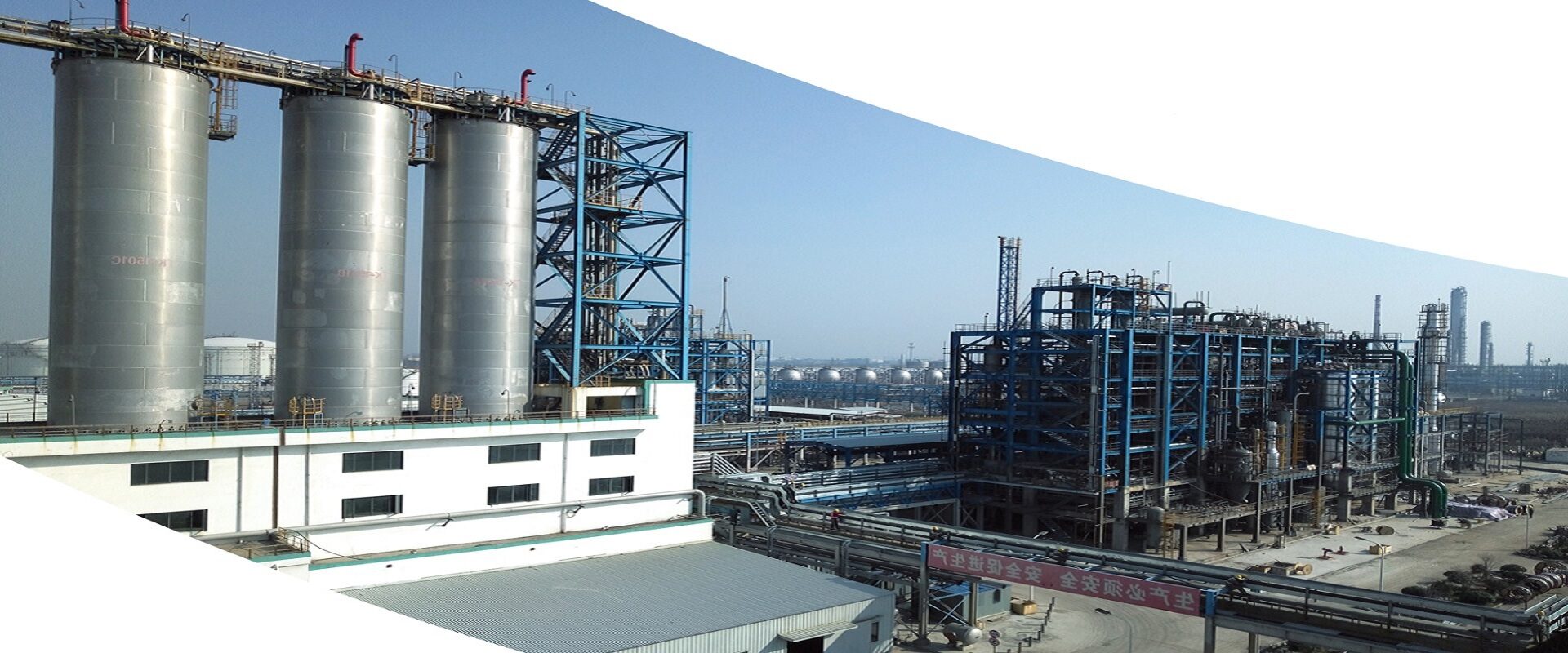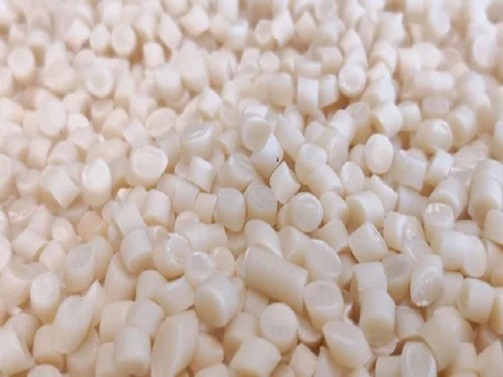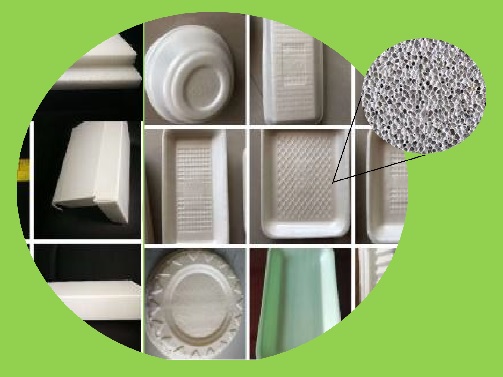Biodegradation Process
How Biodegradable Plastics Are Broken Down?
Biodegradation Process
One of the significant advantages of biodegradable plastic is its ability to decompose under specific conditions. Learn about the biodegradation process and how it differs from traditional plastics.
1. Industrial Composting:
Requires high temperature and humidity (usually found in commercial composting facilities).
2. Home Composting:
Home composting systems provide better control over specific conditions like air, moisture, and heat, which are necessary for the process.
3. Landfill Decomposition:
Biodegradable plastics can take a long time to decompose in landfills and may release methane, so they’re not always the best solution for our waste disposal problem.
Biodegradation Process Overview:
- Extracellular Enzymes Secretion: Microorganisms release specialized enzymes that break down complex organic molecules into smaller parts. These enzymes break bonds within organic materials.
- Hydrolysis: Enzymes initiate hydrolysis by breaking chemical bonds using water molecules. This converts large molecules into smaller units like sugars, amino acids, and fatty acids.
- Microbial Consumption: Microbes use these smaller molecules as energy and nutrients. They metabolize them through different biochemical pathways.
- Oxidation and Fermentation: Microbes metabolize some molecules, releasing energy and producing carbon dioxide, water, and other compounds. Fermentation might also generate gases like methane.
- Biomass Growth and Reproduction: Microbes grow and reproduce as they consume organic matter. This biomass growth sustains the process.
- Continued Breakdown: Enzyme secretion, hydrolysis, microbial consumption, and biomass growth continue until the material breaks down into simple components: carbon dioxide, water, and minerals.
Factors Affecting Biodegradation: Rate varies due to temperature, humidity, oxygen, microorganism types, and material composition. Some materials, like biodegradable plastics, degrade under specific conditions and timeframes.
How do microorganisms break down biodegradable plastics?
Biodegradable plastics break down through a natural process called biodegradation. Microorganisms, like bacteria and fungi, interact with the plastics, secreting enzymes that break the plastic’s chemical bonds. This leads to the gradual breakdown of the plastic into smaller fragments. Microorganisms further metabolize these fragments, eventually transforming them into simpler compounds such as water, carbon dioxide, and biomass. The rate of breakdown depends on various factors, including the type of biodegradable plastic, environmental conditions, and the presence of specific microorganisms. This process contributes to reducing plastic waste and its impact on the environment.
0 1


















